
Grant Green was an American jazz guitarist and composer.
Frederick Roach was an American soul jazz Hammond B3 organist born in The Bronx, New York, United States. Roach's first commercial recordings were with saxophonist Ike Quebec for Blue Note Records in the fall of 1961. These sessions produced Quebec's albums Heavy Soul and It Might as Well Be Spring. In March of 1962, Roach recorded as a backing musician for the Thunderbird album by Willis Jackson. From 1962-64, Roach recorded 5 albums as a leader for Blue Note, and also recorded with Donald Byrd on the album I'm Tryin' to Get Home. Roach's original writing, steady basslines, and highly musical fleet-fingered right hand set him apart. From 1966-67 he recorded three more albums as a leader for Prestige Records, which are in a more commercial vein than his Blue Note dates. Roach's Prestige albums were his last commercial recordings.

Up & Down is an album by American jazz pianist Horace Parlan featuring performances recorded in 1961 and released on the Blue Note label.
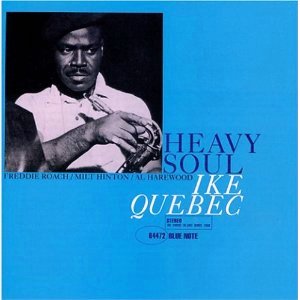
Heavy Soul is the debut album by American saxophonist Ike Quebec, recorded in 1961 and released on the Blue Note label.

It Might as Well Be Spring is an album by American saxophonist Ike Quebec recorded in 1961 and released on the Blue Note label.

Mo' Greens Please is the second album by American organist Freddie Roach recorded in 1963 and released on the Blue Note label. It was reissued on CD only in Japan, as a limited edition.

Good Move! is the third album by American organist Freddie Roach recorded in 1963 and released on the Blue Note label.

Brown Sugar is the fourth album by American organist Freddie Roach recorded in 1964 and released on the Blue Note label.
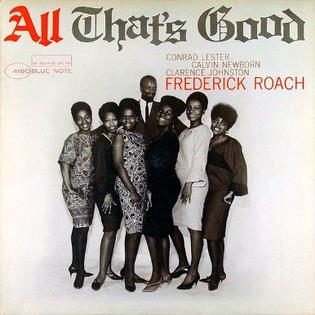
All That's Good is the fifth album by American organist Freddie Roach recorded in 1964 and released on the Blue Note label. It was reissued on CD only in Japan, as a limited edition.

Accent on the Blues is an album by American organist John Patton recorded in 1969 and released on the Blue Note label.
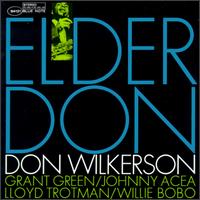
Elder Don is an album by American saxophonist Don Wilkerson recorded in 1962 and released on the Blue Note label. It was recorded a month before Preach Brother!, but released later.

Hootin' 'n Tootin' is the debut album by American saxophonist Fred Jackson, and the sole recording under his leadership, recorded in 1962 and released on the Blue Note label. The CD reissue added seven previously unissued bonus tracks from a later session.

Contours is the second album by American saxophonist Sam Rivers recorded in 1965 and released on the Blue Note label. The CD reissue contains an alternate take as a bonus track.

Easterly Winds is an album by American jazz pianist Jack Wilson featuring performances recorded and released on the Blue Note label in 1967.

Open House is an album by American jazz organist Jimmy Smith featuring performances recorded in 1960, but not released on the Blue Note label until 1968. The album didn't appear on CD until being reissued in 1992, as a twofer which also included Plain Talk, compiling all the recordings from the session.
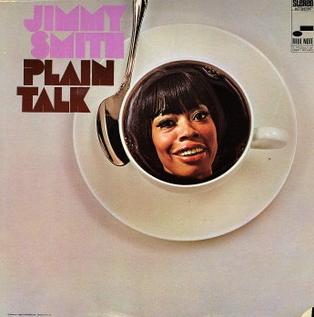
Plain Talk is a studio album by American jazz organist Jimmy Smith featuring performances recorded in 1960 but not released on the Blue Note label until 1968. The album was rereleased on CD combined with Open House (1960) in 1992 compiling all the recordings from the session.
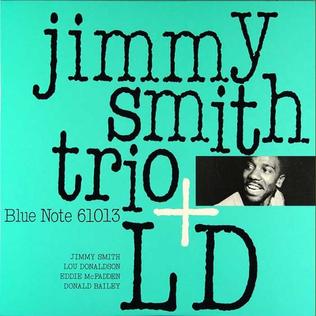
Jimmy Smith Trio + LD is an album by jazz organist Jimmy Smith and saxophonist Lou Donaldson recorded for the Blue Note label in 1957 and released only in Japan.

Blue Mode is the third album by American organist Reuben Wilson recorded in 1969 and released by the Blue Note label the following year. The album was also released by Vee-Jay Records as Organ Talk in 1974.

Down Home Style is an album by American organist Brother Jack McDuff recorded in 1969 and released on the Blue Note label.
Clarence Johnston —also credited as Clarence Johnson—was a jazz drummer. He was born in Boston.


















